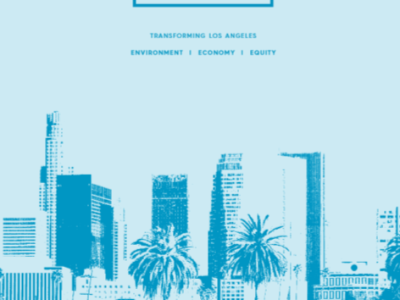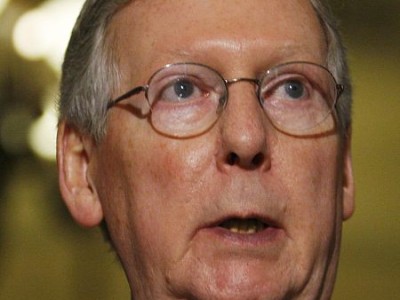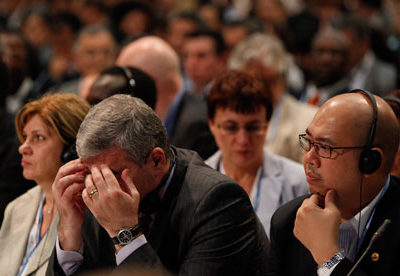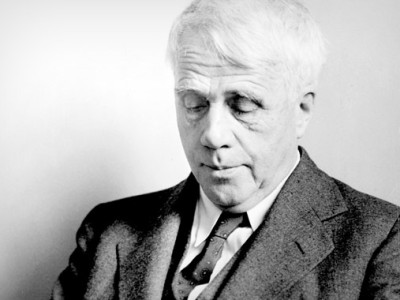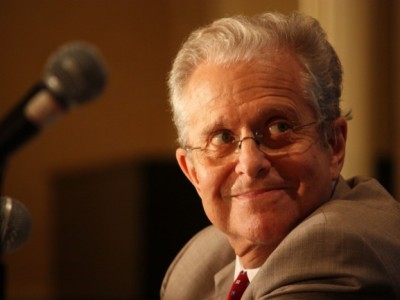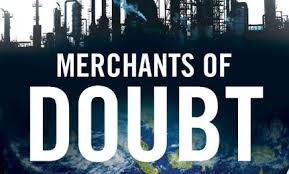Climate Change
Los Angeles Releases First-Ever Urban Sustainability “pLAn”
Envisioning greener energy, cleaner air, and reduced consumption in LA by 2035
Perhaps no metropolis is better positioned than Los Angeles to pioneer ground-breaking environmental initiatives. As the second-largest U.S. city, and with the country’s largest municipally owned utility, a world-class research university–UCLA, and the blessings of abundant sunshine and a temperate Mediterranean climate, Los Angeles could serve as a global model for urban sustainability. Today, the …
Continue reading “Los Angeles Releases First-Ever Urban Sustainability “pLAn””
CONTINUE READINGStick a Lemon In It
Are recent East Bay water troubles a taste of what lies ahead?
What makes a city world-renowned? For New York (according to the NYC Department of Environmental Protection), it’s the quality of its drinking water. Should this be so surprising? After all, what more fundamental connection does a city have to its residents and visitors than the life-sustaining water that it provides? Recent events in San Francisco’s …
Continue reading “Stick a Lemon In It”
CONTINUE READINGThe Case Against Sulking
States will only lose out if they refuse to cooperate with the Clean Power Plan.
Mitch McConnell has urged states to refuse to submit plans if the Clean Power Plan is upheld by the Court. He has been accused of inciting lawless behavior on the part of state governments. Let me come to his defense on this. (How often do I get to do that??) The states are under no legal obligation …
Continue reading “The Case Against Sulking”
CONTINUE READINGShould the WTO Run International Climate Policy?
William Nordhaus’ New Paper Implies That It Should
Last Thursday, Ethan explained the difficulties with attempting to craft a new international climate treaty, and suggested biting off more snackable chunks to work on the problem piece-by-piece (a recommendation I have also made). Now, hot off the presses, the new American Economic Review features a lead article by William Nordhaus suggesting climate clubs as …
Continue reading “Should the WTO Run International Climate Policy?”
CONTINUE READINGThe Futility Of An International Climate Treaty
A scaled-down, step-by-step approach might yield more results
Call it Kyoto Syndrome, but each year for the past few decades we hear hopeful things about the upcoming negotiations for the “United Nations Framework Convention on Climate Change.” These discussions usually take place in some far-flung world capital, but they seem to always result in a nothing sandwich. In 2009, President Obama embarrassed himself …
Continue reading “The Futility Of An International Climate Treaty”
CONTINUE READINGConference On California’s Greenhouse Gas Reduction Plans for “2030 and Beyond”
California State Bar Environmental Law Section will hold daylong event on April 16th in Downtown Oakland
The California State Bar Environmental Law Section is holding a conference on April 16th entitled “2030 and Beyond: The Next Phase of Greenhouse Gas Reduction in California.” The event is co-sponsored by Berkeley Law’s Center for Law, Energy and the Environment (CLEE). As Legal Planet readers know, AB 32’s 2020 due date is soon approaching …
Continue reading “Conference On California’s Greenhouse Gas Reduction Plans for “2030 and Beyond””
CONTINUE READINGThe Grid is Always Greener …
New York electricity regulators are working hard on “Reforming the Energy Vision”
It seems to be an undeniable part of human nature. When we consider making changes – whether it has to do with the place where we live, the business we are in, or the partner we choose – we tend to compare the flaws of the thing we know to the ideal version of the …
Continue reading “The Grid is Always Greener …”
CONTINUE READINGIs Laurence Tribe a Sellout?
Actually, No
Ann’s excellent post concerning Jody Freeman and Richard Lazarus’ evisceration of Laurence Tribe raises an important question: why on earth would Tribe make such patently absurd arguments? Ann delicately suggests that the money Tribe is getting from fossil fuel interests may have “addled his judgment.” I’m not so sure. Obviously, we can’t put the man …
Continue reading “Is Laurence Tribe a Sellout?”
CONTINUE READINGLarry Tribe Smacked Down by Professors Revesz, Freeman and Lazarus
Argument that Clean Power Plant an “Unconstitutional Power Grab” Ridiculed
Famed constitutional law professor Lawrence Tribe is serving red meat to opponents of climate change regulation. Not only is he representing Peabody Coal in a pending court challenge to the Environmental Protection Agency’s Clean Power Plan, but this week he testified before the House Energy and Commerce Committee that EPA, in adopting the plan, is …
Continue reading “Larry Tribe Smacked Down by Professors Revesz, Freeman and Lazarus”
CONTINUE READINGThe Anticommunist Origins of Climate Denial
How Cold Warriors Wind Up Heating the Planet
The other night, my wife and I saw Merchants of Doubt, Robert Kenner’s new film about the climate denial industry. I thought it was excellent. I was surprised by the high production values and the way in which it did not feel like a documentary, at least until the last 15-20 minutes or so. (Then …
Continue reading “The Anticommunist Origins of Climate Denial”
CONTINUE READING



